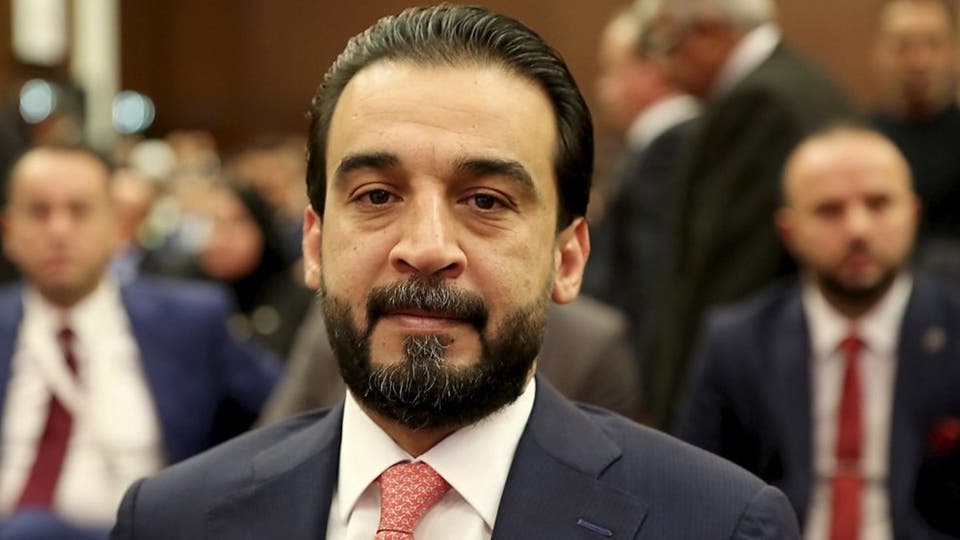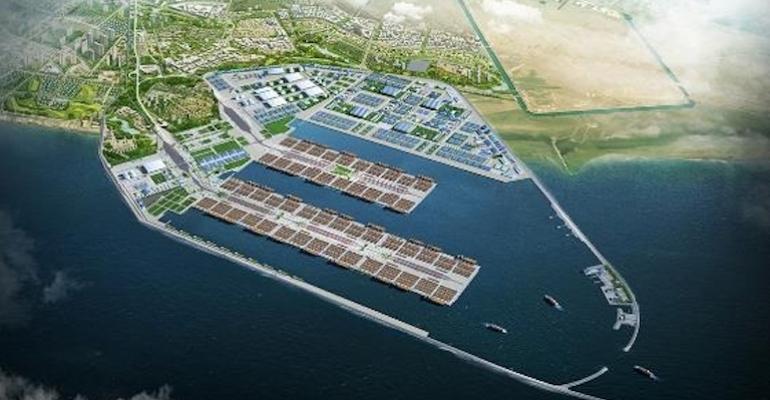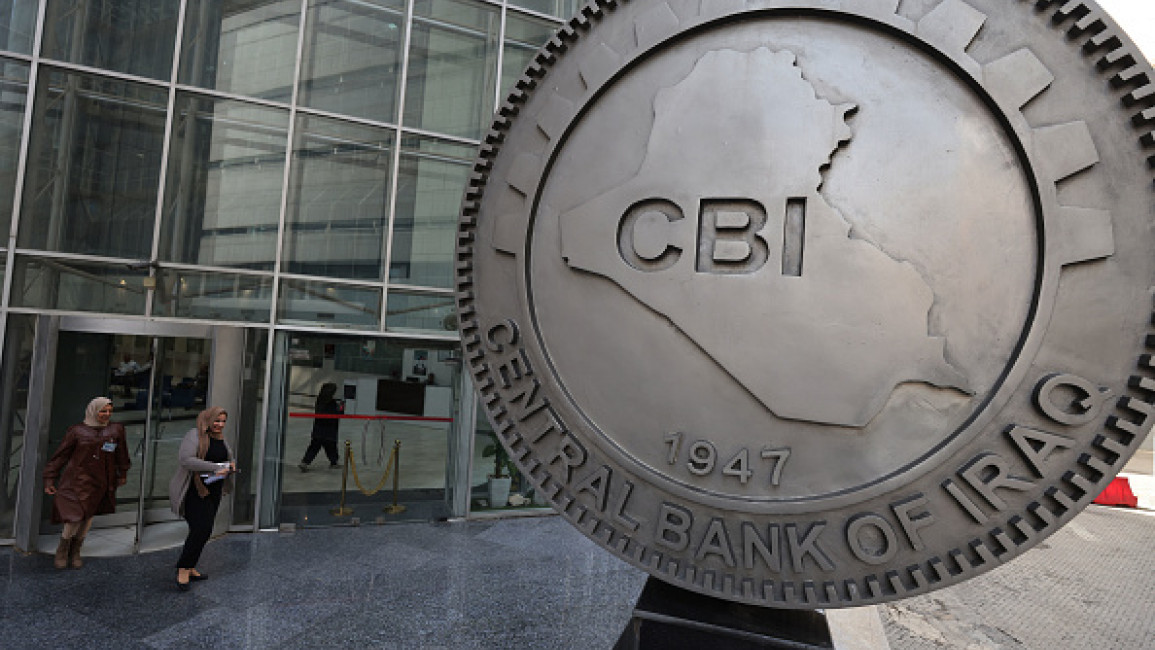Iraqi banking system.. A significant increase in the number of bank accounts and the volume of deposits for citizens
 The banking system in Iraq is gradually regaining citizens’ confidence with the increase in the number of bank accounts in the country.
The banking system in Iraq is gradually regaining citizens’ confidence with the increase in the number of bank accounts in the country.
Banking systems around the world are facing increasing challenges in light of rapid economic and financial changes. To ensure the stability of these systems and protect depositors’ funds, many countries are moving towards joining the International Association of Deposit Insurers. This membership is not just a formality, but a strategic step that carries significant benefits for member countries and their banking systems.
In Iraq, economic and political challenges over the decades have provided a strong justification for keeping money at home rather than in banks. However, the accession of the Iraqi Deposit Insurance Corporation (ICDI) to the International Association of Deposit Insurers was a decisive step in improving confidence in the banking system. Since its accession, Iraq has witnessed a significant increase in the number of bank accounts and the volume of deposits, reflecting a significant improvement in citizens’ confidence in banks. This development enhances Iraq’s ability to attract investment and support economic growth by converting savings into productive investments.
In a world characterized by increasing economic and financial interdependence, countries cannot operate in isolation from each other. Membership in international deposit insurance bodies reflects countries’ commitment to international cooperation and exchange of expertise, and confirms their relentless pursuit of financial stability and the protection of depositors’ funds. This membership is not just a formality, but a strategic investment in the future of the banking system and the national economy as a whole.
International bodies provide a unique platform for the exchange of expertise and knowledge between member states. National financial institutions can benefit from the successful experiences of other countries in the field of deposit insurance, and avoid the mistakes made by some countries. This ongoing exchange contributes to the development and modernization of deposit insurance policies and procedures in line with international best practices.
Joining the International Association of Deposit Insurers (IADI) enhances the transparency and credibility of the national banking system. A country’s commitment to strict international standards in the field of deposit insurance sends a positive message to citizens and investors, stating that their deposits with banks that are members of the deposit insurance system are in safe hands and that the banking system is subject to effective local monitoring and supervision. International bodies do not only provide a platform for the exchange of expertise, but also provide technical and advisory support to their members. National institutions can benefit from the expertise of international specialists in developing and implementing effective deposit insurance policies, assessing potential risks, and preparing for financial crises.
By adhering to international standards and implementing best practices, national institutions can reduce the risk of financial crises and enhance the stability of the banking system. This stability is not an end in itself, but rather a means to achieve broader economic and social goals, such as increasing economic growth rates and creating job opportunities. When citizens and investors trust the banking system, they are more willing to deposit their money in banks. This increased confidence leads to an increase in the volume of deposits available for investment, which supports economic activity and contributes to achieving sustainable development.
The impact of membership in international bodies is not limited to enhancing financial stability and confidence in the banking system, but extends to supporting economic development. Increasing the volume of deposits available for investment can contribute to financing development projects, providing loans to small and medium enterprises, and creating new job opportunities.
Malaysia joined the International Association of Deposit Insurers, which helped improve deposit insurance policies and increase confidence in the banking system. This accession led to an increase in the volume of bank deposits and greater financial stability, which contributed to supporting economic growth in the country.
After the Asian financial crisis in the late 1990s, South Korea joined the International Association of Deposit Insurers. International membership helped restore confidence in the banking system and stabilise the national economy, allowing South Korea to achieve a rapid economic recovery.
Alforatnews.iq
 The leader of the Azm Alliance, MP Raad Al-Dahkali, said on Thursday that “the doors are closed” in the face of those who want to amend the internal regulations of the House of Representatives regarding the nomination file for the position of a new speaker of the House of Representatives, which has been stalled since the membership of Mohammed Al-Halbousi was terminated by a judicial decision.
The leader of the Azm Alliance, MP Raad Al-Dahkali, said on Thursday that “the doors are closed” in the face of those who want to amend the internal regulations of the House of Representatives regarding the nomination file for the position of a new speaker of the House of Representatives, which has been stalled since the membership of Mohammed Al-Halbousi was terminated by a judicial decision.
 The banking system in Iraq is gradually regaining citizens’ confidence with the increase in the number of bank accounts in the country.
The banking system in Iraq is gradually regaining citizens’ confidence with the increase in the number of bank accounts in the country. Minister of Planning, Mohammed Ali Tamim, announced today, Wednesday, the completion of the five-year development plan for the years 2024-2028.
Minister of Planning, Mohammed Ali Tamim, announced today, Wednesday, the completion of the five-year development plan for the years 2024-2028. Today, Wednesday, the head of the organizing body of the popular movement for the Belt and Road, Hussein Al-Karaawi, considered the UAE’s management of the Faw port through the development road as a blow to the Iraqi economy.
Today, Wednesday, the head of the organizing body of the popular movement for the Belt and Road, Hussein Al-Karaawi, considered the UAE’s management of the Faw port through the development road as a blow to the Iraqi economy. The financial advisor to the Iraqi government, Mazhar Muhammad Salih, explained on Wednesday that the ratio of cash credit to total deposits in private banks may approach the standard ratio of 75%, which banks should reach or at least approach.
The financial advisor to the Iraqi government, Mazhar Muhammad Salih, explained on Wednesday that the ratio of cash credit to total deposits in private banks may approach the standard ratio of 75%, which banks should reach or at least approach. Iraqi sources told Reuters, on Tuesday (July 23, 2024), a date for the start of the withdrawal of US forces from Iraq, while American sources confirmed that no official agreement has been reached yet.
Iraqi sources told Reuters, on Tuesday (July 23, 2024), a date for the start of the withdrawal of US forces from Iraq, while American sources confirmed that no official agreement has been reached yet. The Finance Committee in the Council of Representatives confirmed, on Tuesday, that the Central Bank approved increasing the capital of the Real Estate Bank to 500 billion dinars to expand the coverage of citizens with housing loans.
The Finance Committee in the Council of Representatives confirmed, on Tuesday, that the Central Bank approved increasing the capital of the Real Estate Bank to 500 billion dinars to expand the coverage of citizens with housing loans.